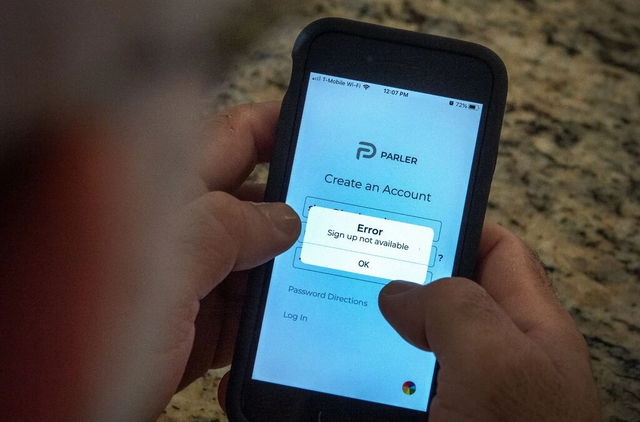
Section 230 is a sort of Good Samaritan immunity for Internet platforms that allows them to block or remove content that is "obscene, lewd, lascivious, filthy, excessively violent, harassing, or otherwise objectionable, whether or not such material is constitutionally protected", as long as they act "in good faith". It is a limited immunity.
The exact issue (a claim that the immunity is being exercised in a political way to influence opinion) hasn't been addressed (that I know of) by any court.
There is much more to it than this, of course. As often is the case, the law is slow to catch up with developments in technology.
The other issue is the anti-trust issue. Google, Facebook and Twitter in particular are so large and so influential that they may have a virtual monopoly on private expression over the Internet and the ability of people to disseminate information broadly to the public. Especially, when they have act together in concert to block competition, they are wielding their monopolistic weight to chill competition.
Of course, anti-trust laws speak in commercial/market terms, but they have been applied, for instance, to accreditation of law schools.
If we view the marketplace of ideas as a competitive space, I think these laws have some application. The concern is that private entities that are monopolistic platforms for the expression of ideas and distribution of information can virtually shut down the most accessible arena for expression and information available to people, thereby controlling the narratives and information that people can express and access (by blocking and deleting accounts, information, etc.)
As for them banding together to refuse access to their platforms for an app, generally, that is classic anti-trust stuff - if you look at it purely as a matter of commercial competition. We have laws, for instance, in the world of telecommunications that require companies to allow other companies to piggyback on their infrastructure.
We do this because telecommunications has become to basic and fundamental to the working of our society that we want to insure broad availability (at "affordable" prices that theoretically come through competition).
We regulate utilities also because utilities are fundamental necessary commodities to society. I think we need to start regulating information platforms in similar ways.